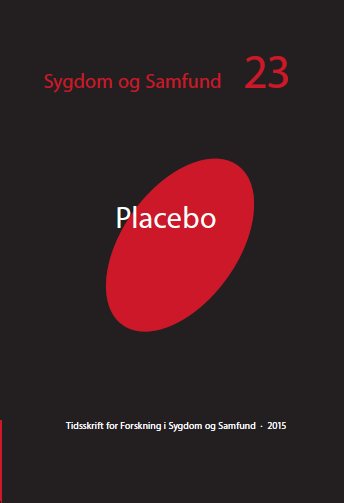Placebo effects in chronic pain conditions. Can placebo components enhance the efficacy of active treatments?
Publiceret 2016-01-14
Citation/Eksport
Resumé
The conceptualization of the placebo phenomenon has changed. Previously placebo was seen as an inactive agent, but today placebo effects are viewed as related to patients’ perception of a treatment. During the last decades, the mechanisms underlying placebo analgesia effects have been specified and it has been shown that patients’ perception of a treatment is influenced by previous experiences, the patient-practitioner relationship as well as expectations and emotions. These factors are, in turn, associated with altered brain activation and release of endogenous opioids, thereby demonstrating that placebo analgesia has a psycho-neurobiological basis. The placebo effect has primarily been investigated in relation to healthy volunteers, but here we review literature on placebo mechanisms in relation to chronic pain states as this is important for an understanding of how placebo factors can be optimized in clinical practice. We outline some of the ethical discussions concerning the use of placebo in clinical practice and we illustrate how patients perception of a treatment contribute to the efficacy of active treatments, thereby showing how focus on patients perception of a treatment may help optimize the outcome of standard active pain treatments in ethically appropriate ways.

